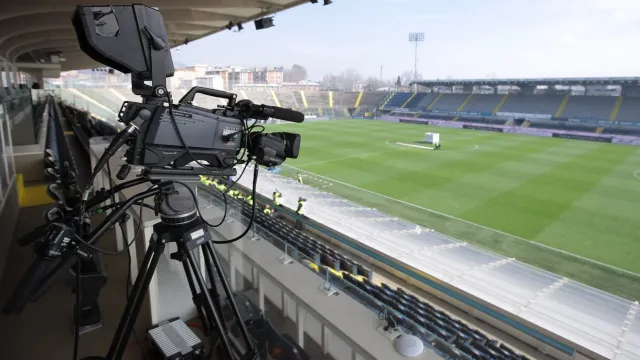Sports broadcasting have a mysterious capacity to lift common minutes into phenomenal recollections, winding around stories that rise above simple athletic challenges. With each break of the bat, wash of the net, or thunder of the group, broadcasters create an ensemble of words and feelings that draw themselves into the shared mindset of sports fans around the world. Through their sharp bits of knowledge, reminiscent narrating, and unfaltering energy, these pundits change routine plays into extraordinary displays. At the core of sports broadcasting lies the craft of narrating. Each game, each match, each race turns into a part in a continuous adventure, rich with show, tension, and win. Whether it is a last-second signal blender or a nail-gnawing punishment shootout, broadcaster’s implant these minutes with a need to get moving and energy, shipping watchers to the edge of their seats. Also, sports has the ability to deify the transitory minutes that characterize athletic significance. From notable plays that oppose conviction to record-breaking exhibitions that modify history, these broadcasts catch the pith of human accomplishment in its most perfect structure.

Consider, for example, the Supernatural occurrence on Ice during the 1980 Winter Olympics, when a gathering of American school hockey players staggered the world by overcoming the strong Soviet Association. The expressions of broadcaster Al Michaels, shouting, Do you have confidence in supernatural occurrences? Indeed. Still resound many years after the fact, embodying the sheer rapture of that implausible triumph. Besides, 스포츠중계 broadcasting fills in as an extension among competitors and fans, producing a profound close to home association that rises above the limits of existence. Through cozy meetings, in the background access, and genuine editorial, broadcasters offer watchers a brief look into the existences of their wearing legends, changing them from simple humans into amazing figures. Whether it is Michael Jordan taking off through the air or Serena Williams challenging the chances, these competitors become images of motivation and versatility, their accounts woven into the texture of our aggregate memory.
In any case, maybe in particular, sports broadcasting has the ability to join individuals from varying backgrounds, cultivating a feeling of local area and having a place that reaches out a long ways past the battleground. In a world frequently separated by governmental issues, religion, and belief system, sports act as a typical language that rises above social hindrances and unites individuals in festival of shared wins and losses. Whether it is a World Cup last watched by billions or a neighborhood Youth baseball match-up went to by pleased guardians, sports have a remarkable capacity to help us to remember our normal humankind and the force of collaboration and steadiness. All in all, sports broadcasting is something beyond a mechanism for handing-off the activity on the field; it is a course for changing normal minutes into phenomenal recollections. Through the specialty of narrating, the festival of athletic significance, and the manufacturing of profound associations, broadcasters have the ability to enrapture crowds and make a permanent imprint on the records of wearing history. However long there are games to be played and stories to be told, the wizardry of sports broadcasting will proceed to rouse and excite ages to come.